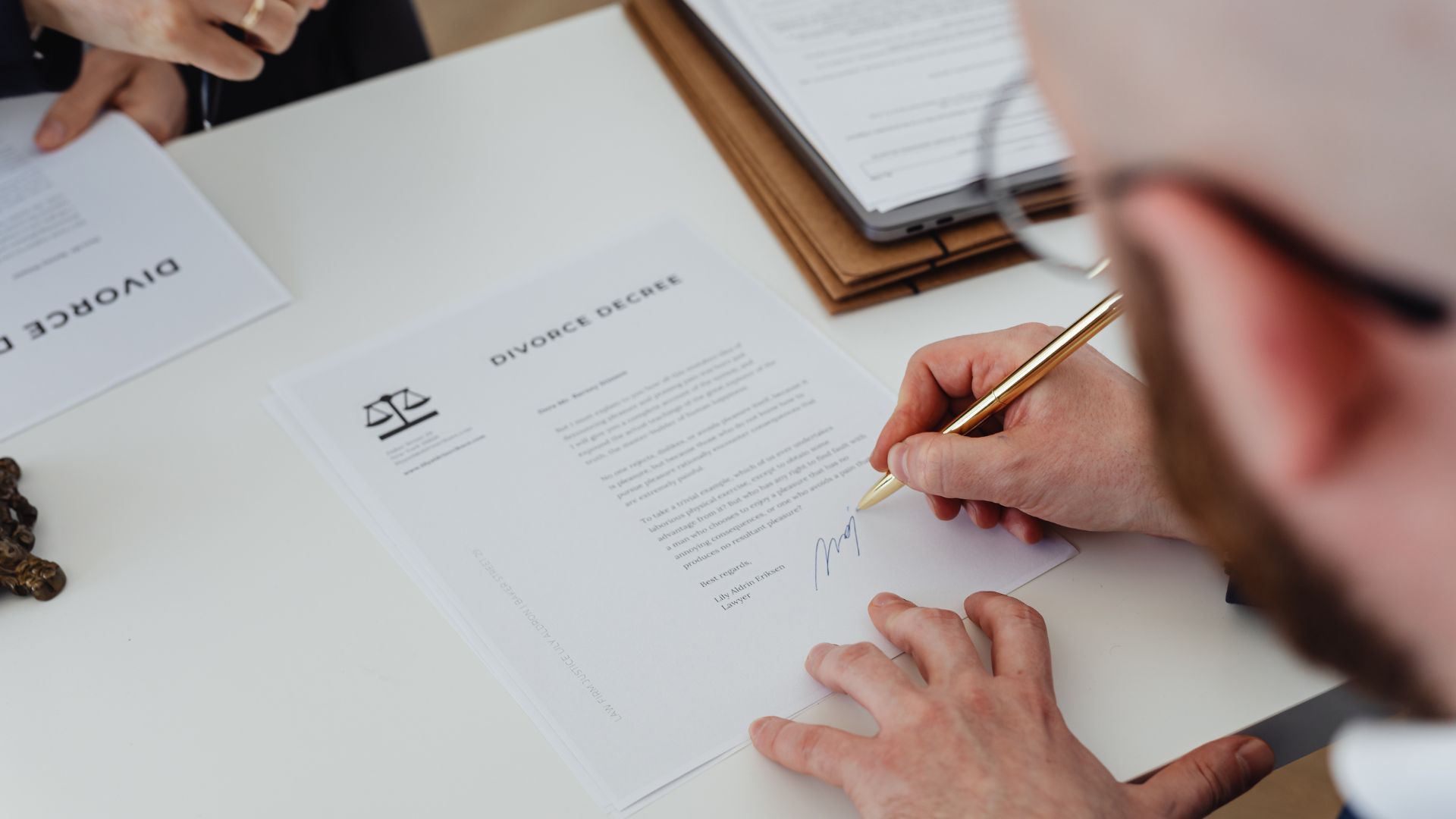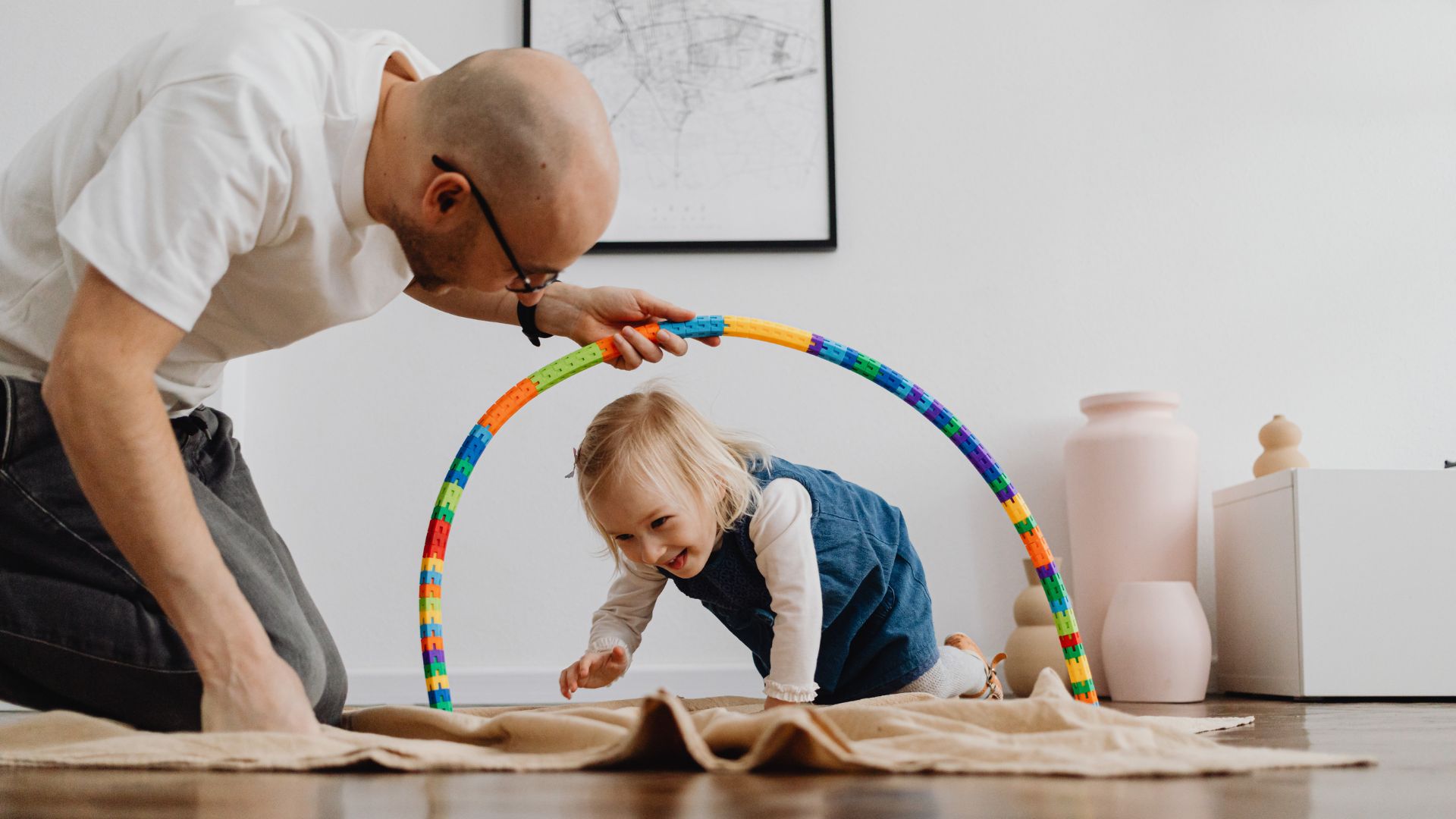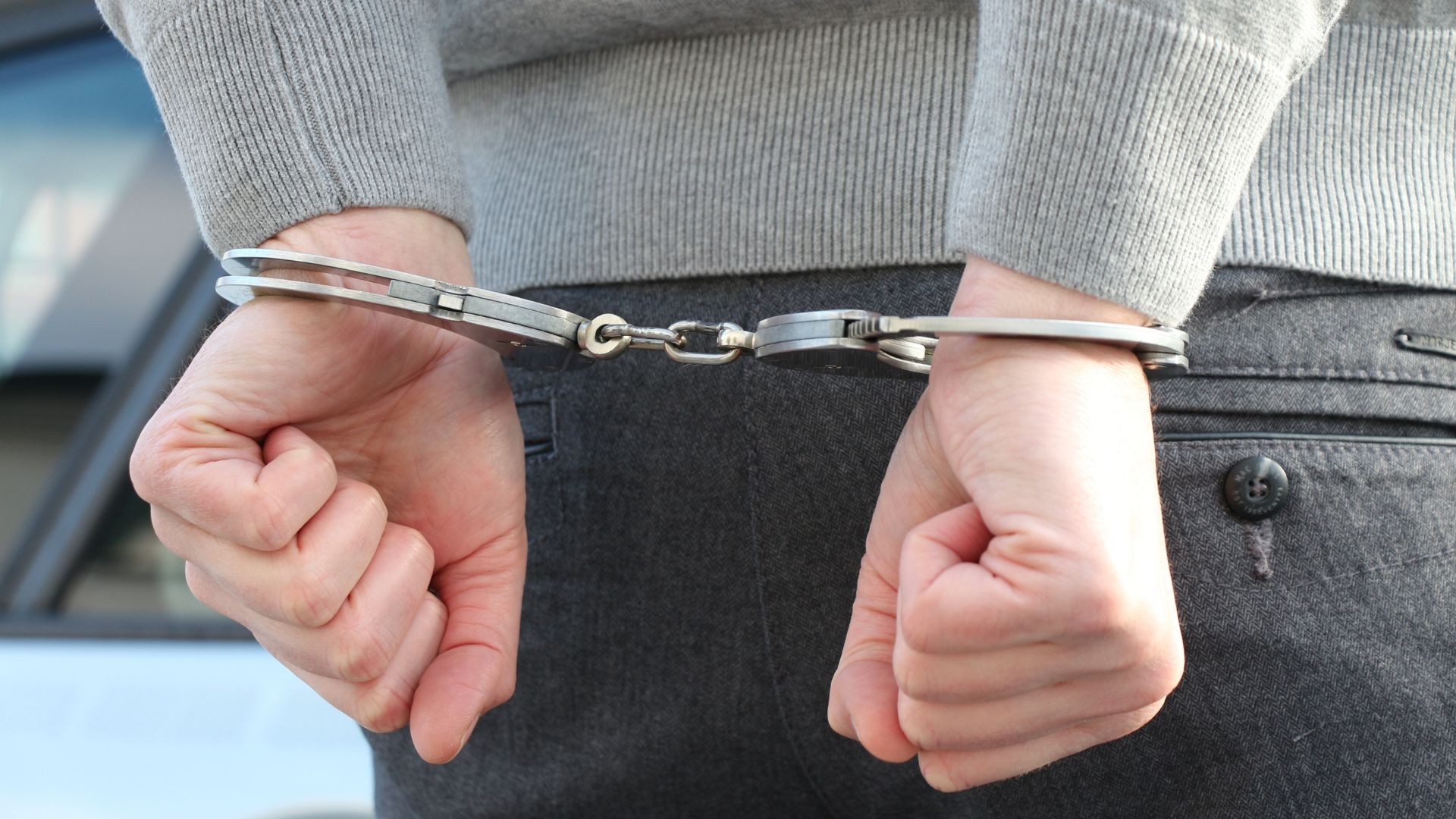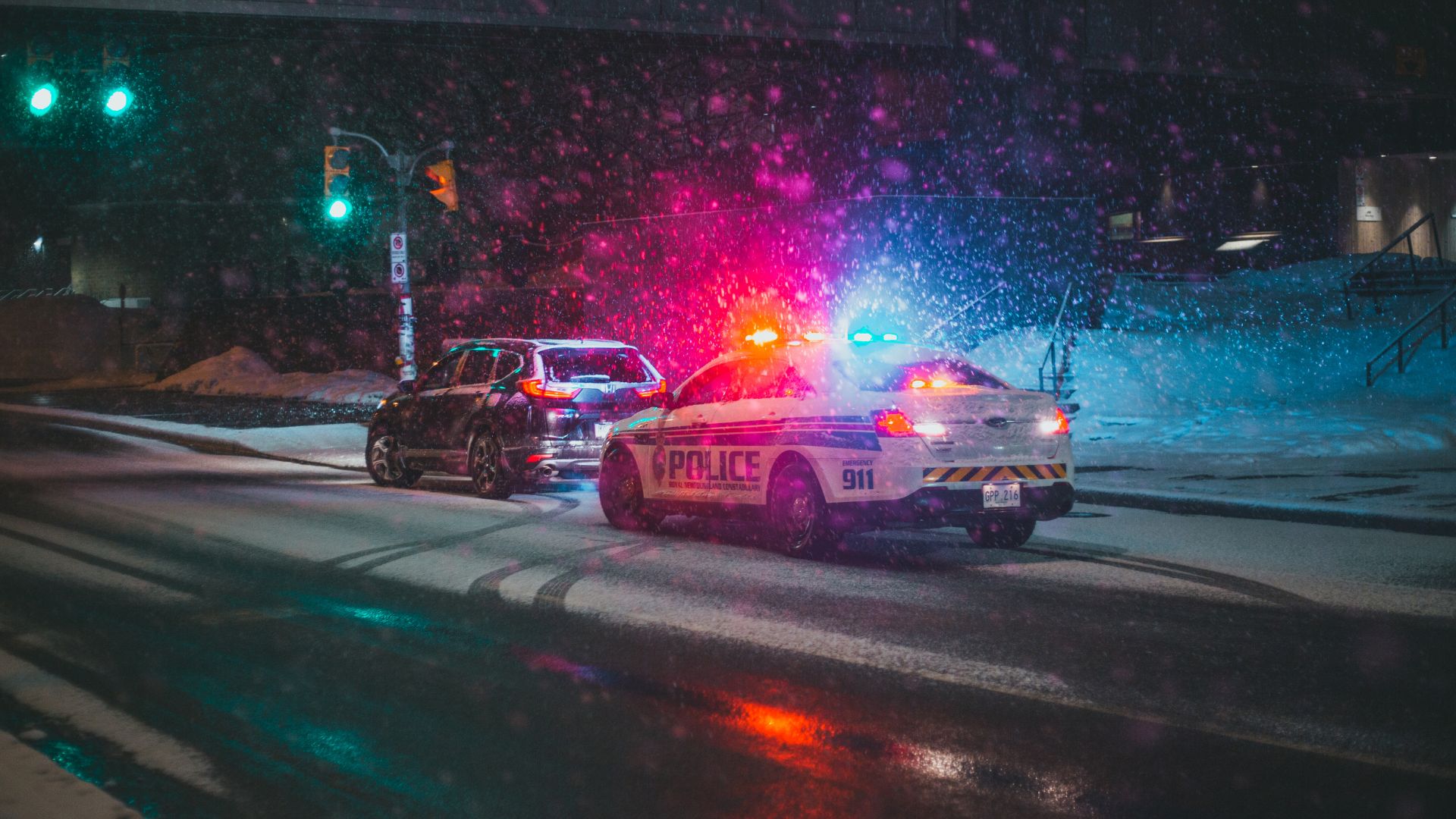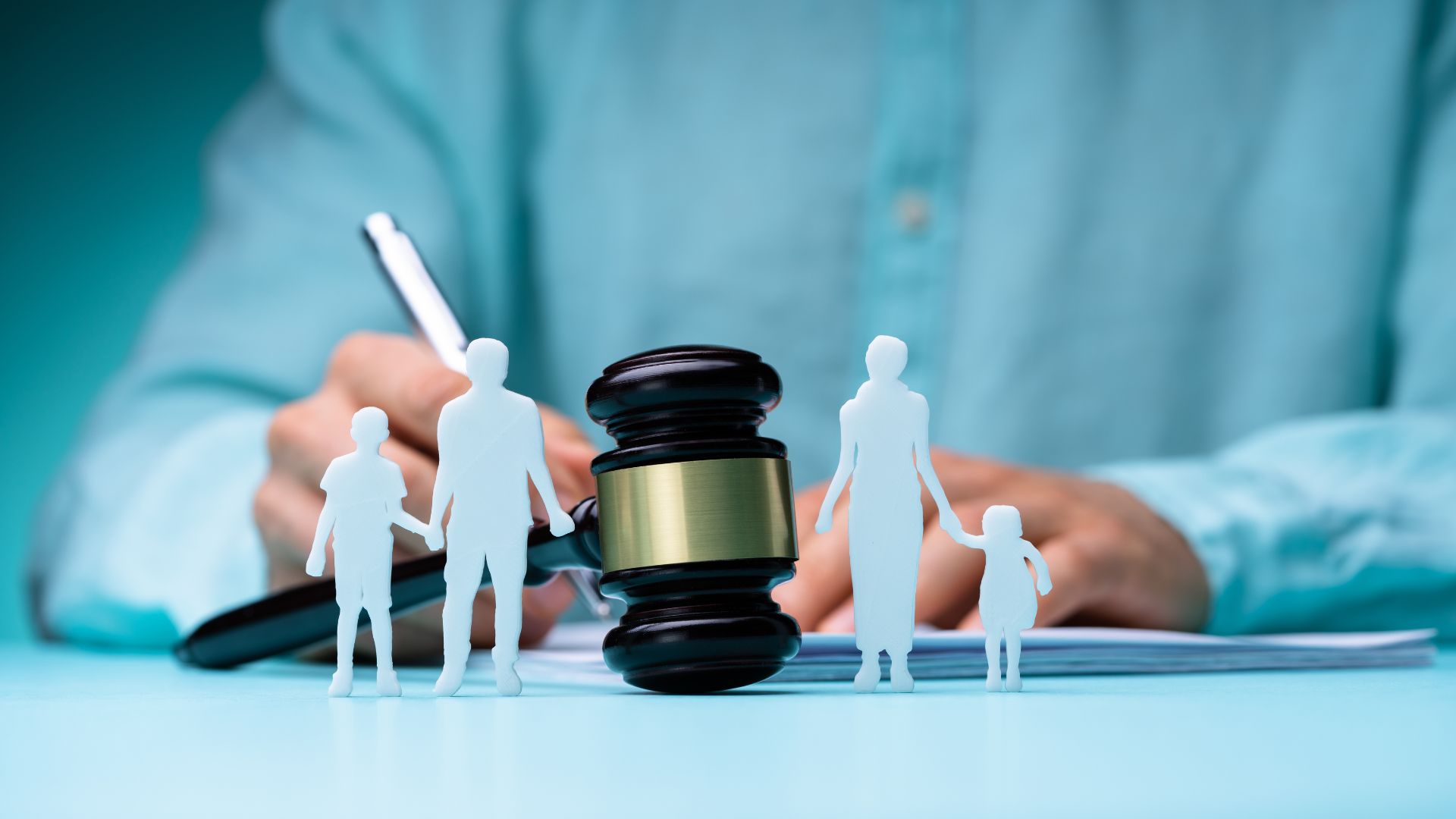If you’re facing charges of driving under the influence (DUI) in Montana, you may wonder how much impact video recordings could have on the outcome of your case. Police dashcams and bodycams often capture critical moments during traffic stops or arrests. Video footage in a DUI case can help reveal what truly happened and may support a strong defense.
With offices in Missoula and Bozeman, the attorneys at Judnich Law Office handle DUI defense across all 56 Montana jurisdictions. Whether you live in the city or the mountains, our team can represent you in DUI and other criminal defense cases. Our DUI defense lawyers in Montana are here to help if you are facing charges and don’t know where to turn.
What Do Dashcams and Bodycams Show?
Many Montana law enforcement agencies equip patrol cars with dashcams and officers with bodycams. Different areas of the state have varying resources. Some agencies may have only dashcams, only bodycams, or neither. When available, officers generally activate these devices during traffic stops, field sobriety tests, and arrests.
Dashcam footage comes from a camera mounted on the dashboard or windshield of a patrol vehicle. Bodycam footage comes from a small camera worn on an officer’s uniform, which captures events from the officer’s perspective. Both typically record video and audio.
These recordings often capture:
- The initial reason for the traffic stop,
- Interactions between the officer and driver,
- Field sobriety test instructions and performance, and
- Arrest procedures and transportation to jail.
Because this video records events in real time, it offers a clear picture that the officer’s written report after the fact may not fully capture.
Can Dash Cam Footage Be Used in Court?
Courts generally allow the use of dash and body cam footage if law enforcement handles it correctly. Personnel must preserve the data by storing and maintaining it without making changes. They must also authenticate the recording to verify it as genuine and unaltered. In some cases, however, the court may not allow the footage in court if it appears incomplete or unclear or if law enforcement fails to follow evidentiary procedures.
When can dash cam footage be used in court? Prosecutors, who are state lawyers that bring criminal charges, often use dash and body cam video to support their claims that the person in the video committed a crime. Your defense attorney can use the same footage to show inconsistencies, raise doubts, or prove violations of your rights.
How Video Footage in a DUI Case Can Challenge the Prosecution
Video footage often serves as the most objective piece of evidence showing whether you committed a DUI. Unlike written reports, which depend on memory and interpretation, a recording shows what actually happened during your stop and arrest. It allows the judge or jury to see and hear the same events the officer describes.
Video can challenge the prosecution’s case in several important ways:
- The stop itself. Officers must have a legal reason to pull you over. Dashcam footage can show whether the officer had a valid reason to stop your vehicle.
- Your behavior. Police reports may exaggerate signs of impairment, such as slurred speech or unsteady movement. A recording lets the judge or jury decide for itself whether you appeared impaired or simply nervous or tired.
- Field sobriety tests. Field sobriety tests are highly subjective. Bodycam footage can show whether the officer explained the instructions clearly, the ground was uneven, or other distractions made the test unfair.
- Procedural errors. Arrests must follow strict procedures. A video may reveal if the officer skipped steps, applied unnecessary force, or failed to read your Miranda rights.
- Witten reports. If the officer’s written account does not match the footage, the defense can use that inconsistency to undermine their credibility.
- Environmental factors. Dashcams may capture poor weather, low visibility, or road conditions that help explain alleged driving errors.
Using video strategically, your attorney may shift the focus from assumptions to facts. This shift can lead to stronger negotiating power, reduced charges, or even dismissal of the case.
Protect Your Rights with Judnich Law Office
If you are facing DUI charges in Montana, do not underestimate the power of video footage in a DUI case defense. We can help:
- Request dashcam and bodycam recordings from law enforcement,
- Highlight errors or misconduct visible on the video, and
- Use footage strategically in negotiations.
At Judnich Law Office, our attorneys review every available recording and investigate when recordings are missing to protect clients from unfair charges and build strong defenses. With offices in Missoula and Bozeman, we serve clients throughout Montana in DUI and criminal defense matters. Contact us today to schedule a consultation and let us put our experience to work for you.


